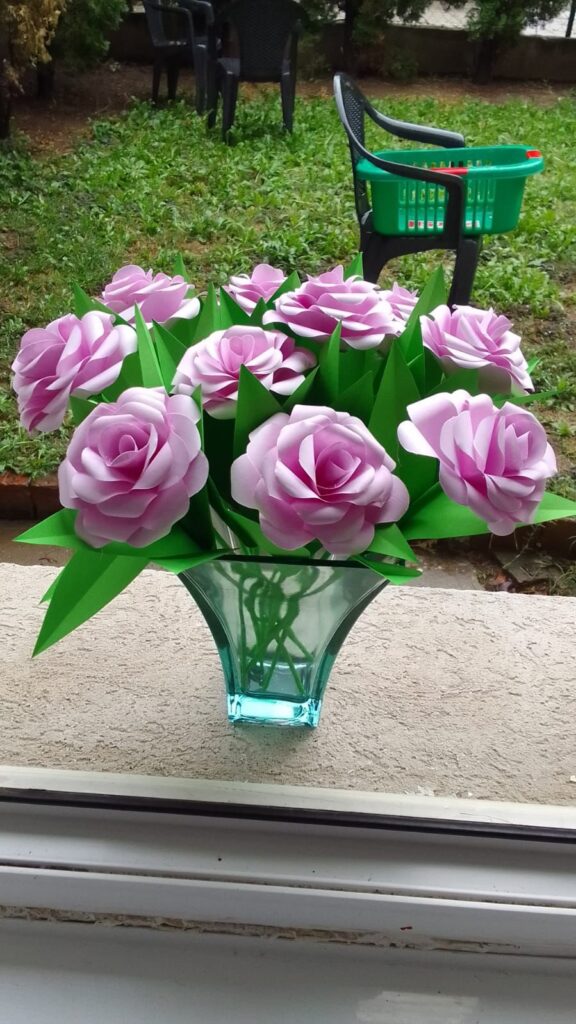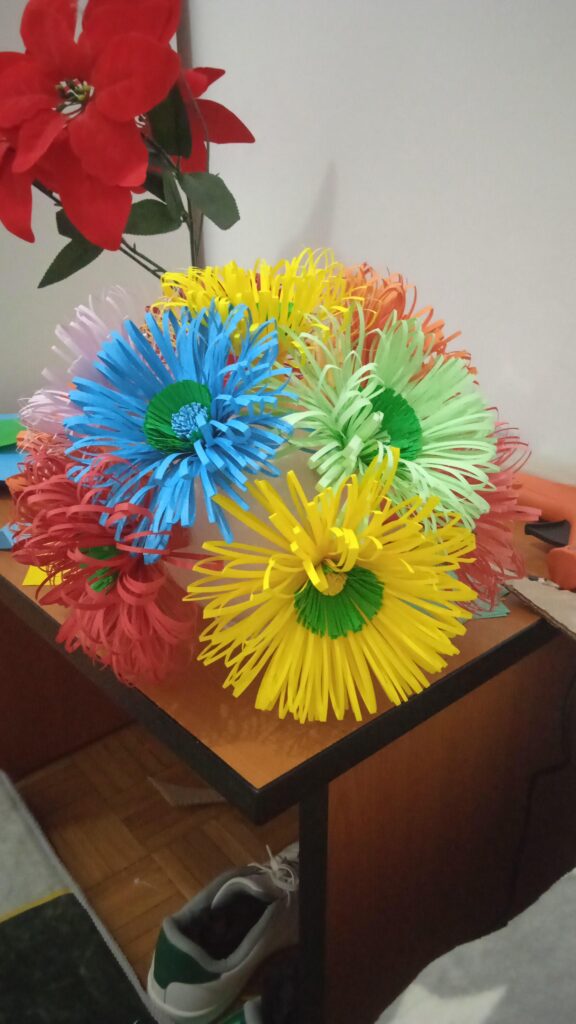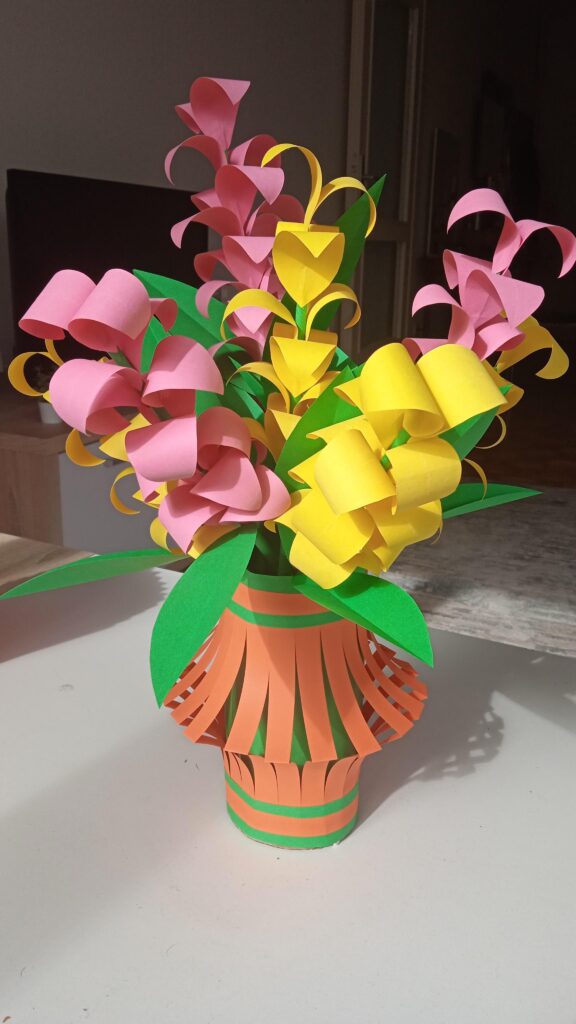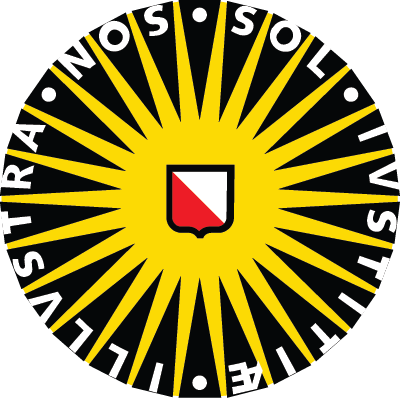
Simmi (a pseudonym chosen for her safety) and I met through a mutual friend who was also a migrant. As we shared South Asian descent, we bonded over our shared culture and language.
The stories told by Simmi were difficult to listen to; her time in Serbia has often been boiled down to intense moments that made my gut wrench and blood boil whenever I would listen to them.
As a transgender Indian woman dreaming of the day she would be able to escape to Europe and grant herself a better life, she was ready to take any necessary steps for her self-expression. As a result, Serbia felt like a safe and relatively straightforward country to arrive in at the time. Being visa-free for Indian nationals, the process was as simple as booking a plane and flying to Belgrade. However, it is here that Simmi realized that being in Europe was not enough to grant her a better life.
Just within the first 24 days of her arrival, she was approached by a group of men on the streets of Belgrade and brutally beaten in a violent hate crime. The resulting attack led to her being severely concussed with a broken leg and hospitalized for over a year. The rose-gold glasses with which she viewed the entirety of Europe had shattered, leading to a cycle of fear, regret, and a loss of hope for what her future in Europe may hold:
“[…] When I first came here, I thought the people of Europe were advanced. But it was here where I realised that every European country cannot be a haven- this was a bit too narrow-minded. Since I have been attacked a few times at this point, especially when I had long hair or expressed myself as highly feminine, people would refuse to sit next to me on the bus. All of this just shocked me that in Europe, I would still face the same discrimination as I would’ve in India. I just couldn’t believe that people in Europe could be like this, too…”
(Translated from Hindi from an interview done with Simmi in July 2025)

This prejudice wasn’t just by transphobic individuals. As time went by, Simmi lost faith in state institutions, such as the police, and felt a deprecating sense of everyday freedom:
“When I went to the police to report the attack that happened to me… I told them that I was transgender, and they told me to leave. They said that transgender individuals don’t have any laws to protect them; they would not take reports of any hate crimes committed against me. This happened a few times. Even to go to the hospital, I had to hide the fact that I was trans… When I was working at a flower shop as well, the person in charge told me that your presence is affecting our business- the business cannot prosper with you being trans.”
(Translated from Hindi from an interview done with Simmi in July 2025)

With these varying forms of discrimination evident in nearly all aspects of her day-to-day life, Simmi couldn’t bring herself to call Belgrade her new home. She copes with this fear by hiding her sexuality and identity. She expresses that, at least in India, she was able to speak up and fight for herself. However, being new and excluded within a new country, she doesn’t feel like she has the same kind of community to protect her here as she did in India.
With hope and perseverance, her ultimate goal is to seek asylum again or somehow migrate to Western Europe. She dreams of the day she can express herself freely, hoping that LGBTQ organizations, such as those in the Netherlands, may grant her that freedom.
For now, her hope prospers through the art she creates. Being a multi-media artist, interested in origami, painting, and cooking, the parts of the interview where she was happiest were when she had the chance to showcase her talents. Day by day, she lives by this appreciation for her mediums of expression- hoping to one day be able to express her gender as freely as her art.




